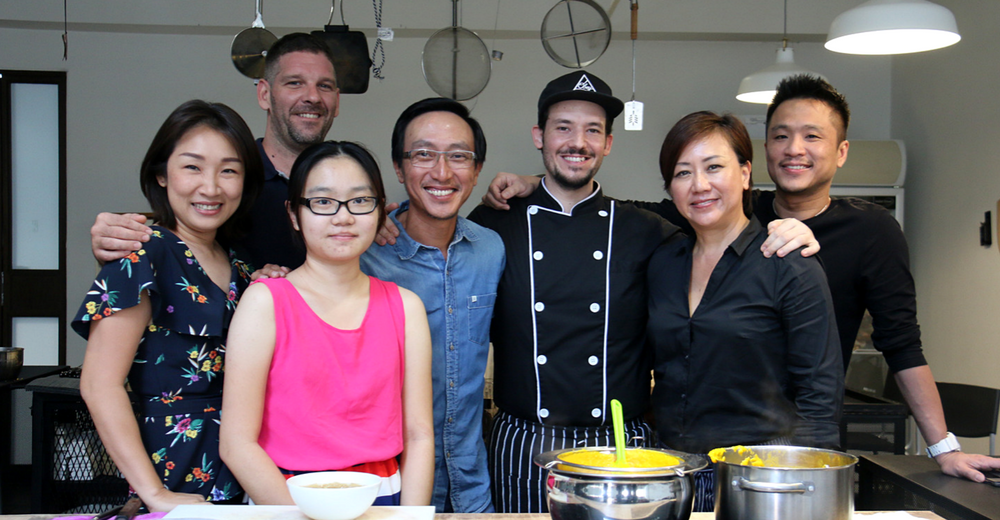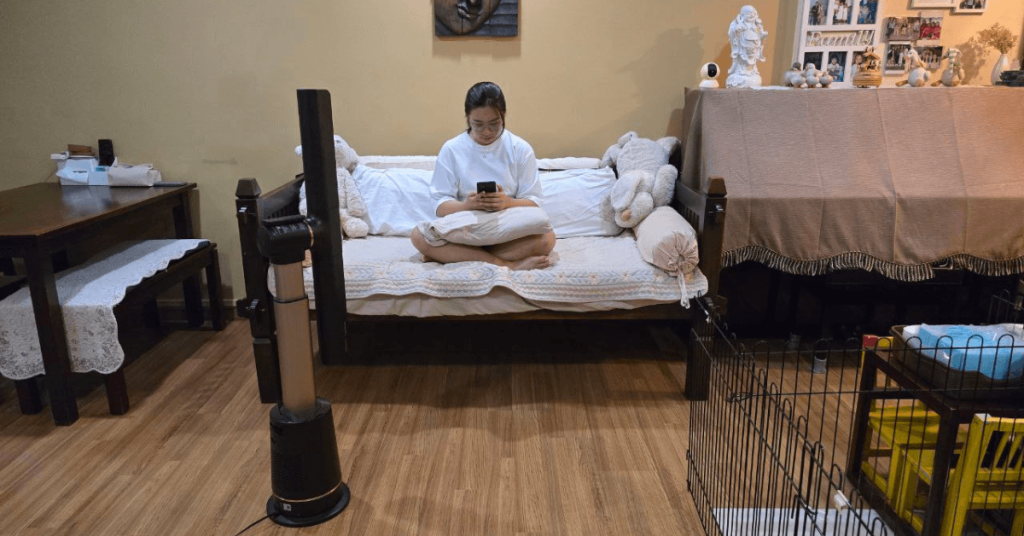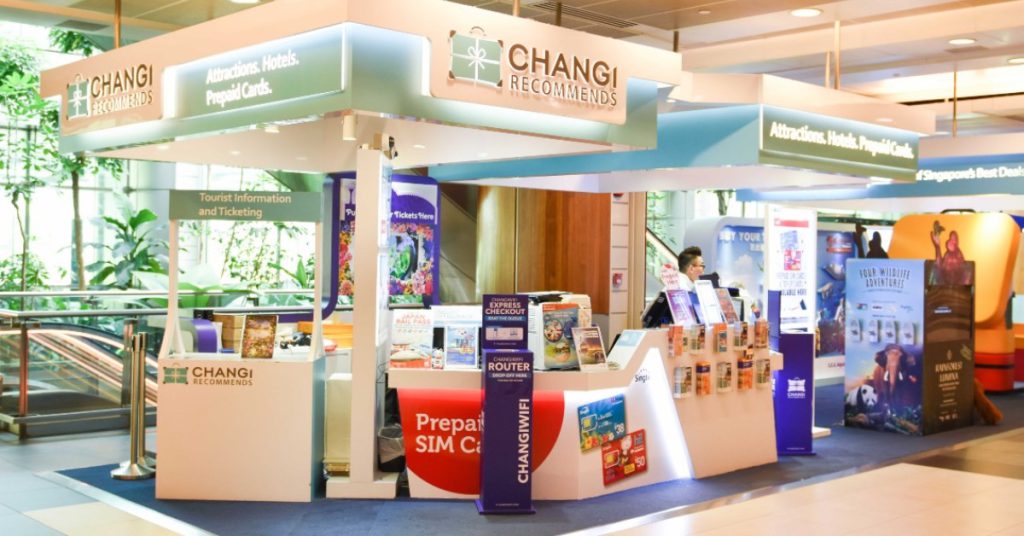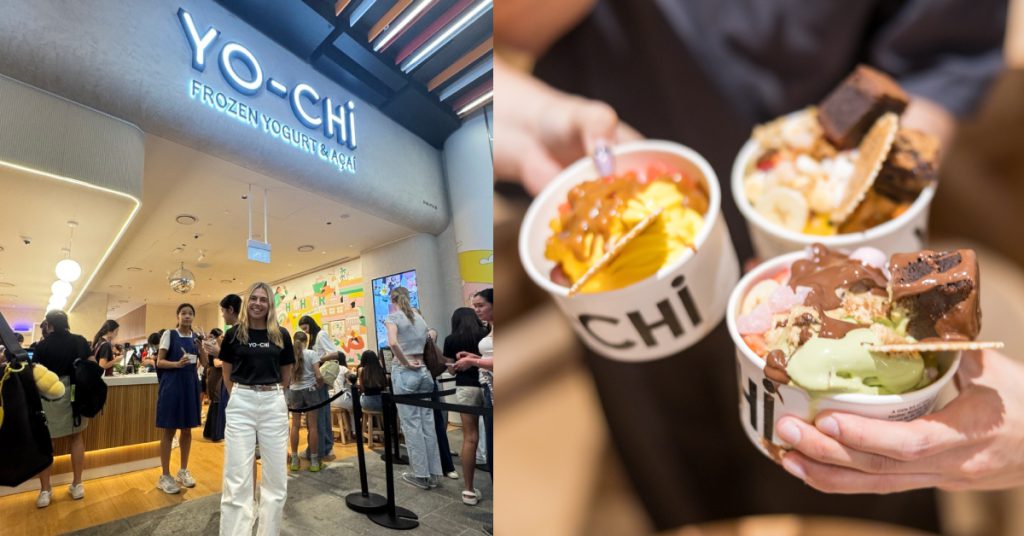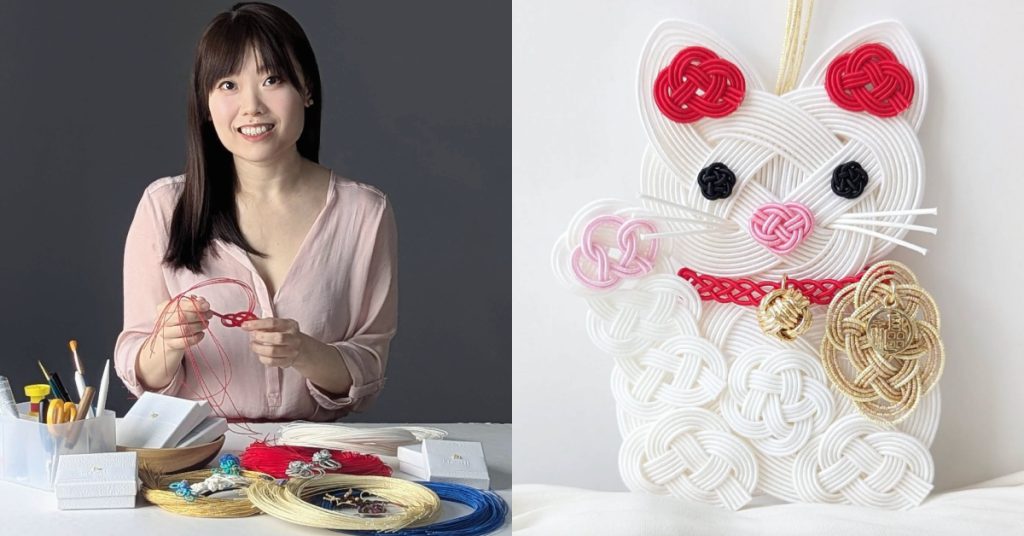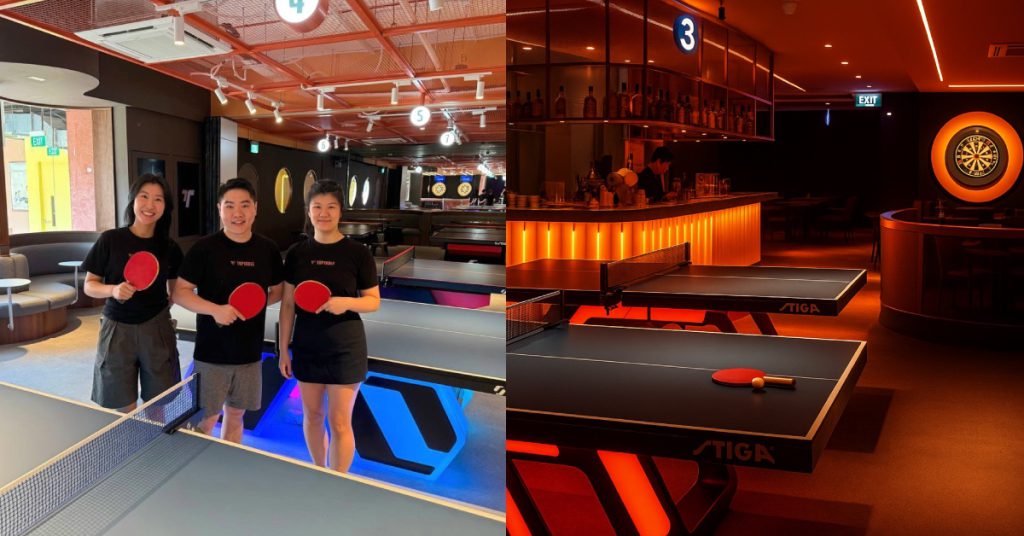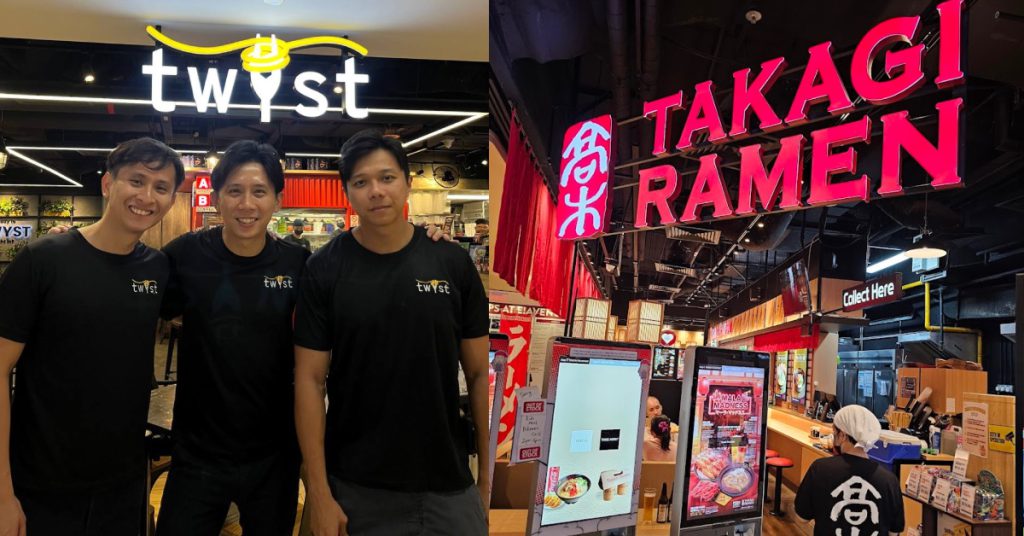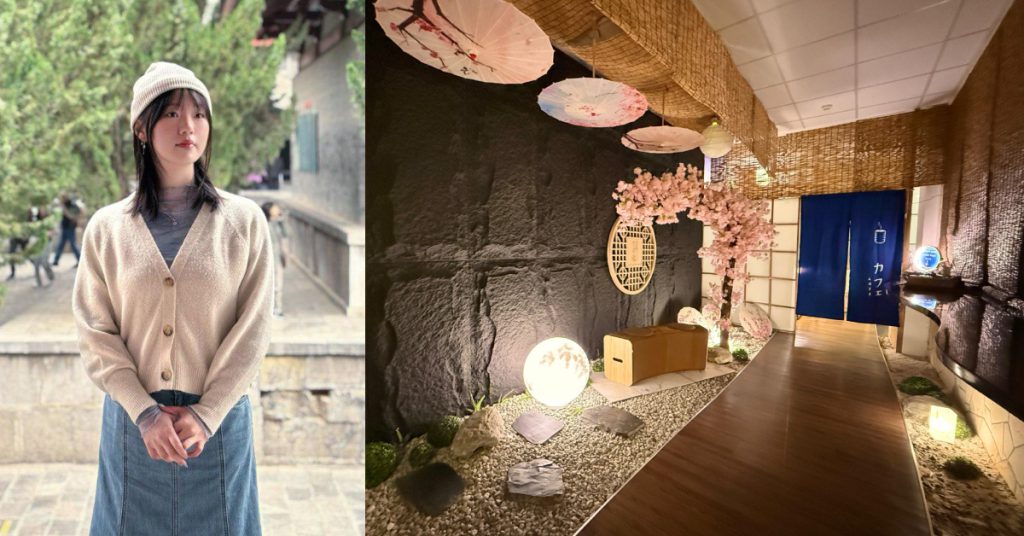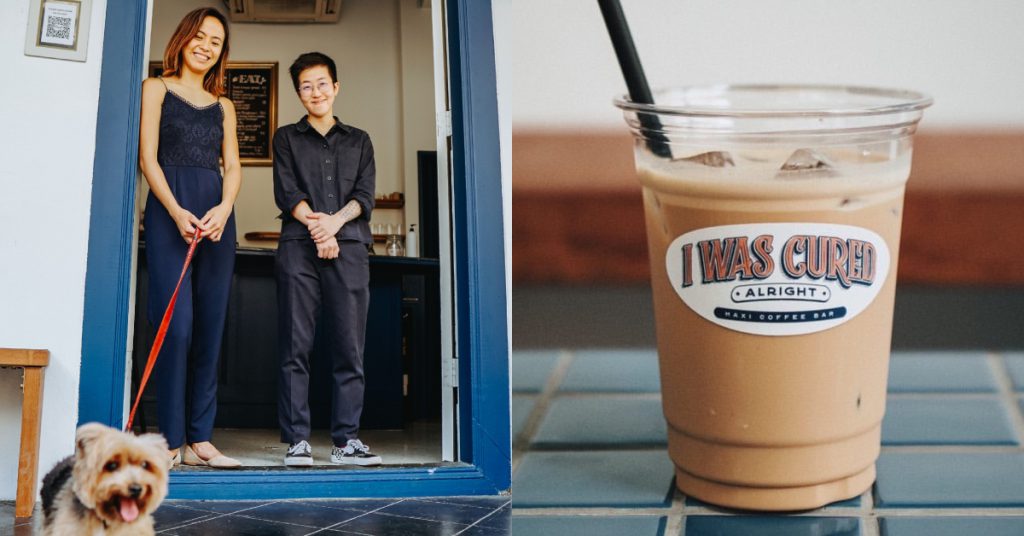Between cuts of Iberico, Wagyu beef, and a bottle olive oil for RM45, Curious Grocer holds no illusions about appealing to a mass market.
If they did, they wouldn’t be hosting dinner sessions for RM220 to RM350 per head after all.
When we came across Curious Grocer some months ago, we thought that they were meant to sell high-end grocery items. And to a certain extent, Curious Grocer does tap into that side of the market.
But upon a conversation with co-founder Andrew, we discovered that what they want to focus on is the dining experience.
So here’s what Curious Grocer actually does:
- Like a high-class version of a grocery delivery startup, they send gourmet ingredients to both individuals and restaurants.
- They host dinners utilising all of their foodie-coveted ingredients at their office, all cooked right in the guests’ face called Curious Dinners.
- If you’re holding a dinner at home, Curious Grocer is able to send chefs to cook for the event while you entertain guests.
“We want people to know that food isn’t supposed to be a mystery—food is supposed to be a conversation,” said Andrew, co-founder of Curious Grocer.
So when this ex-event manager decided start his own business, his main goal was to “demystify food”.
“Food sounds very mysterious at some parts. How did those guys do it? What’s a Michelin star? What is the recipe? It sounds unattainable. It sounds like normal people can’t do it.”
But he thinks with the right equipment and the right ingredients, why not?
And by “right ingredients”, he means going back to the source.
“I talk to the people who own these brands. We actually go there and taste it. We try to validate as much as we can, but all of this is as much as they tell us, and what we’ve seen while we’re there.”

Andrew has been running this business close to a year now, and they’ve run into their fair share of difficulties.
Their website is up and running, but they’re not focusing on taking orders from it now, because it doesn’t mesh too well with their business yet.
The initial version of the site offered the ability to order online, but with online orders, there is an expectation for immediate delivery.
Curious Grocer couldn’t do immediate, because of some complications in streamlining the orders. So the website is going through a major revamp now, with a new direction planned.

Considering their relatively broad focus, we wondered if they had a specific business model in mind.
For Andrew, the business model is about attracting people who want to be more in tune with the ingredients they consume, and those who want to eat healthier.
“It depends on how far you want to go with it. Everyone talks about scalability. Our business is not scalable,” said Andrew.
“We’re in a very niche market, I’m very clear about that. Because of our pricing, not many people can afford this, and that is the truth. Think about the difference in price between the Iberico to the price of normal pork. It’s massive.”
Andrew hopes to bring the human element back into the game.
Instead of thinking about focus or scalability, Andrew taps into the sentiment of Mom and Pop shops of yore.
For example, you know the butcher and you’ve been buying your meats from him for years, compared to just popping by a nearby supermarket to buy cheaper fares.
“You go to Tesco to buy chickens because it’s cheaper, but where do the chickens come from? That’s the question. We want to reverse back the cycle, we want to go back to a more personable approach,” said Andrew.
One year in, Curious Grocer still hasn’t reached any of their main milestones.
Their two goals? To have a substantial online presence with a website direction figured out, and to have a retail presence.
Similar to Curious Dinners, Andrew’s aim for a retail presence will be similar to Teppanyaki, or how the Japanese do sushi—cooked right in front of you.
“In a normal restaurant, your conversation with a restaurant ends at the order. And that’s your entire conversation, you don’t know who prepared it for you. You don’t know what happens in the kitchen.”
This will be an alternative. They don’t intend to compete with restaurants—instead, they offer a different experience.
To achieve this future vision, the team is in constant R&D mode, either figuring out new dishes or sourcing new types of food to sell.
From our conversation, it’s clear that the Curious Grocer today will probably be different from the Curious Grocer a year from now. The team is happy to go where the tide takes them, as long as they can share their approach and passion with Malaysians.
However, after our session with them, we had to ask. Will this model even work? In our society, where we look for the best deals, the cheapest deals, are there enough paying customers to even sustain them?
And judging by Andrew’s answer, it seems like their game plan is to build a band of loyal customers who keep returning again and again.
“I think where you’re coming from is whether people come back. And the answer is yes—people do come back.”
“When it comes to food, the thing about it is that it’s not something like, you just don’t eat tomorrow, you know? So, of course, people want ingredients. The question is if people want that all the time?”
“But for us right now, what we have encountered so far is that we’ve got a lot of loyal customers and they remain loyal. I guess it’s because we’ve always tried to give a better delivery of service. And obviously, the good ingredients speak for themselves. ”



